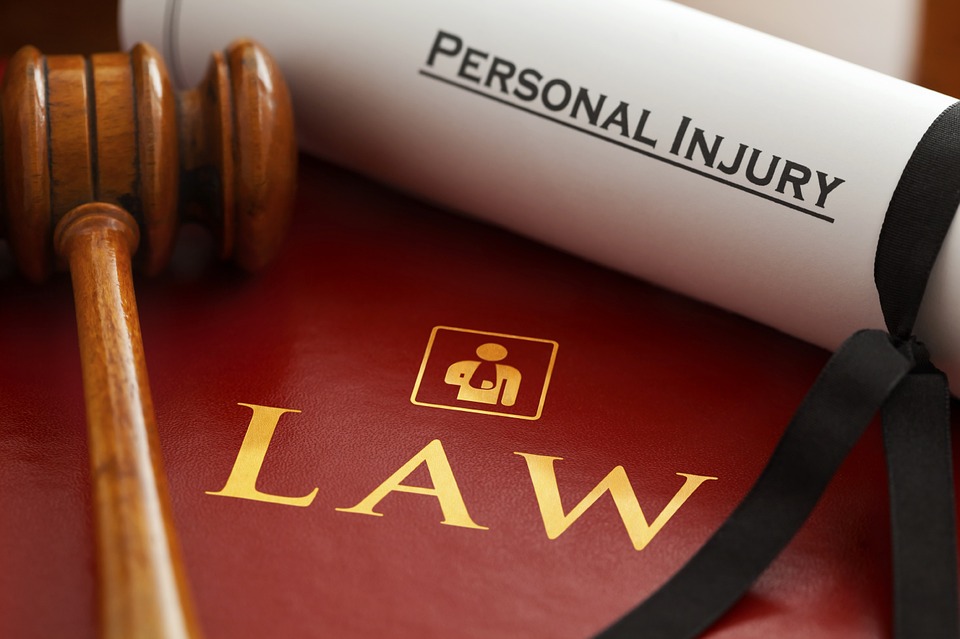Legal representation is paramount in most aspects of today’s society. This is especially the case as far as work related injuries are concerned. Injuries in this context might refer to actual bodily harm arising from work related activities or psychological harm from the same. This article is meant to clearly define the role a personal injury lawyer plays and the specific tasks handled.
A personal lawyer is a type of legal practitioner who provides representation to parties alleging psychological or physical injuries arising from negligent acts of an organization or person. Personal injury lawyers practice an area of law known as Tort law. Tort law covers civil wrongs, economic and noneconomic damages to an individual’s reputation, rights and/or property. Tort law’s main goal is to achieve reprieve for the plaintiff and to prevent other parties from repeating similar offences.
Personal injury lawyers are trained and well versed with all aspects of the law discipline. These type of attorneys are also known as trial lawyers. This is due to the fact that most cases handled by trial lawyers end in settlements as opposed to actual court hearings. In this respect, the plaintiff receives compensation for losses arising from loss of earning capacity, medical expenses, psychological distress, legal fees and possibly loss of companionship.
Personal attorneys also work to safeguard the plaintiff from victimization and exploitation by the legal system and the insurance industry. Some common types of personal injury cases are as follows:
- Medical Malpractice.
- Defective products.
- Burn injuries.
- Pedestrian accidents.
- Motorcycle/bicycle accidents.
- Insurance/Bad faith.
- Slip and fall accidents.
- Construction accident.
Similar to most litigators, personal injury lawyers see through cases from the inception stage to their conclusion. Tasks undertaken include:
- Evidence gathering.
- Witness deposition.
- Trial preparation.
- Drafting pleadings.
- Formulation of legal theories.
- Evaluation of case merits
- Screening potential clients and;
- Advising the plaintiff.
Most personal injury lawsuits are complex in nature, many personal injury lawyers choose to specialize in certain types of cases. For example, a personal injury lawyer handling construction accident cases may specialize in slip and fall cases. Personal injury lawyers handle cases on a contingency basis where the legal fees form a percentage of the plaintiff’s eventual compensation. This means that the attorney must win a case in order to get paid.
In conclusion, personal injury lawyers are generally highly trained legal practitioners that have passed relevant legal body admission requirements. These individuals go ahead to choose a specialization in the field of personal injury. Prior to practice, a litigator may be required to undertake specialist certification programs accredited by the relevant legal bodies. Personal injury lawyers may practice tort law on their own or as part of a law firm. Individual litigators are much likelier to take on smaller cases offering low volume payments. Litigators practicing tort law as part of a law firm are likelier to charge exorbitant fees. The plaintiff often has no obligation to settle the legal fees up till the point when and only if the personal injury lawsuit is won.
Written by Kellie Bertels, an attorney at Bandre, Hunt and Snider in Jefferson City, MO. Bandre, Hunt and Snider are the best attorneys Jefferson City MO have to offer.
